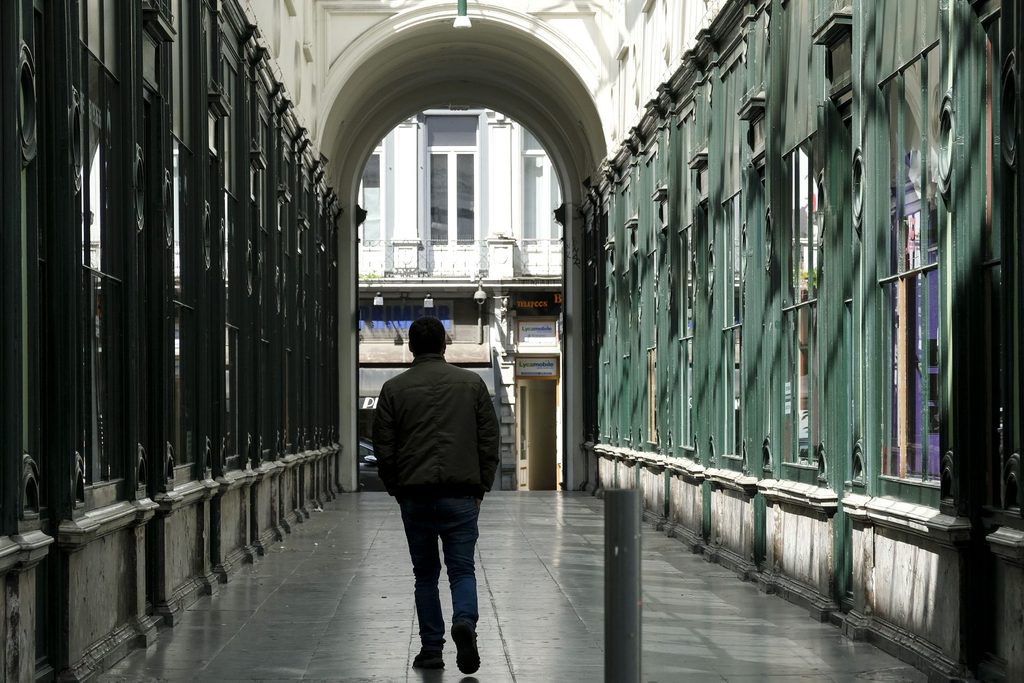The Brussels-Capital Region authorities have agreed to establish an integrated approach to sex work in the region, creating a unified policy to replace the fragmented municipality-based rules currently in place.
The recent reform of the sexual criminal law has ended the criminalisation of sex work (except for minors), making Belgium a pioneer in Europe and only the second country in the world (after New Zealand) to decriminalise sex work.
As a result, sex workers can enjoy protection for their economic activity. In Brussels, however, a comprehensive approach is needed for a coherent policy, creating a framework for sex work involving municipalities, regional governments, community committees, police districts, organisations in the field, neighbourhood committees and (representatives of) sex workers.
A common policy and a regional action plan in the context of the decriminalisation of sex work was, therefore, essential.
"There are still major challenges," said Brussels MP for the socialist one.brussels-Vooruit party Els Rochette. "The organisations on the ground are doing a fantastic job, but they do not have the necessary resources. For years, these organisations have been asking for one global Brussels policy on sex work. This resolution contributes to that."
Not a taboo
The new resolution proposes a number of measures. These include, among others, a new consultation platform, ensuring low-threshold access to social services and healthcare, undertaking staff trainings for social workers to guide sex workers in a non-stigmatising way (and/or professionally reorient sex workers), to improve access to public toilets in Brussels, including sufficient supply in the neighbourhoods where sex work takes place. Finally, the region wants to have a reference person for human trafficking per police zone.

Credit: Belga / Dirk Waem
For Brussels MP for Groen Juan Benjumea, "important steps" are being taken "towards better protection and guidance for sex workers" with better cooperation between the region, municipality, police and civil society.
One of the cornerstones of the resolution is the establishment of a consultation platform, in which all stakeholders and all political levels are represented. Municipalities, the Region, the Joint Community Commission, the police zones and also grassroots organisations, representatives of sex workers and neighbourhood committees are working together on a common approach.
Related News
- Brussels mayor seals off three apartments used for international prostitution
- Belgian Government to grant employment contracts for sex workers
- 'Historic': Belgium first in Europe to decriminalise sex work
Actively combatting sexual exploitation and human trafficking, for example by training police officers to recognise these phenomena and intervene effectively is essential quickly, MPs stressed. Additionally, it is necessary to designate an employee in each police zone as the point of contact for human trafficking in order to strengthen prevention and support efforts.
"Sex work is not taboo," said Brussels MP Khadija Zamouri (Open VLD). "We must give sex workers in Brussels safety, security and social rights. A grown-up framework that treats sex workers with respect is our goal."
MPs stressed that it is the government's responsibility to guarantee sex workers' protection and provide social support "without prejudice." With this resolution, the aim is to strengthen the application of fundamental rights for sex workers as well as the fight against human trafficking.

